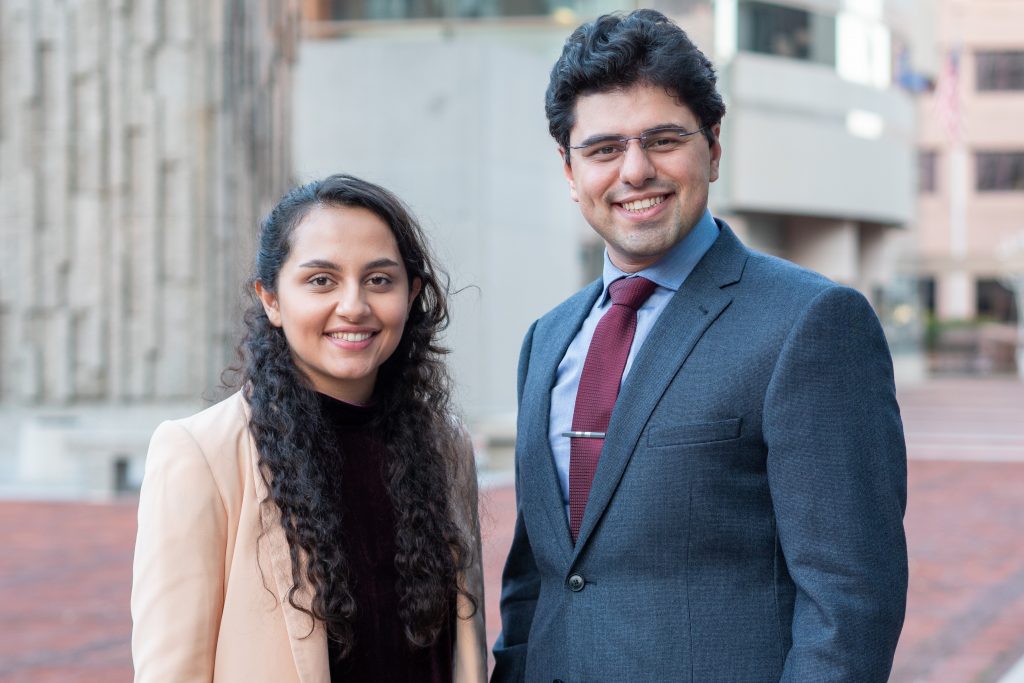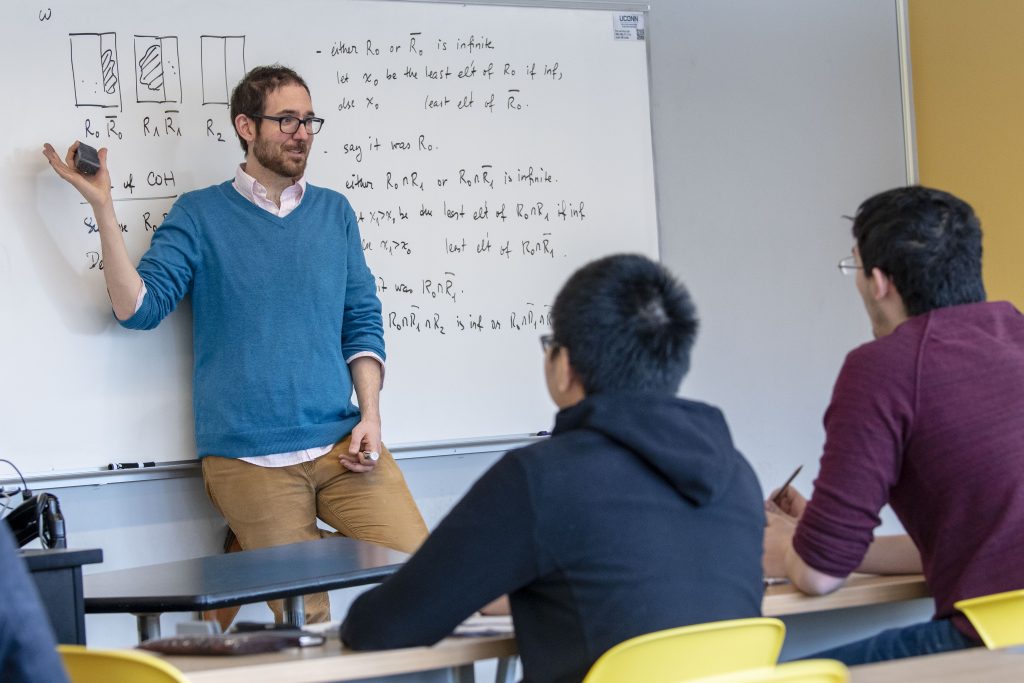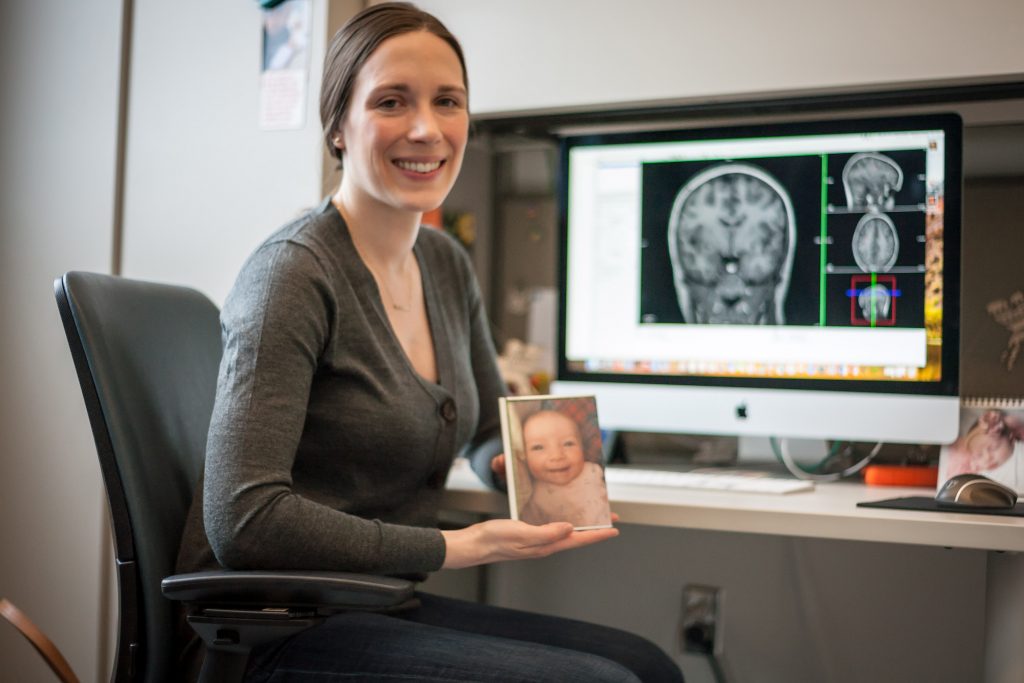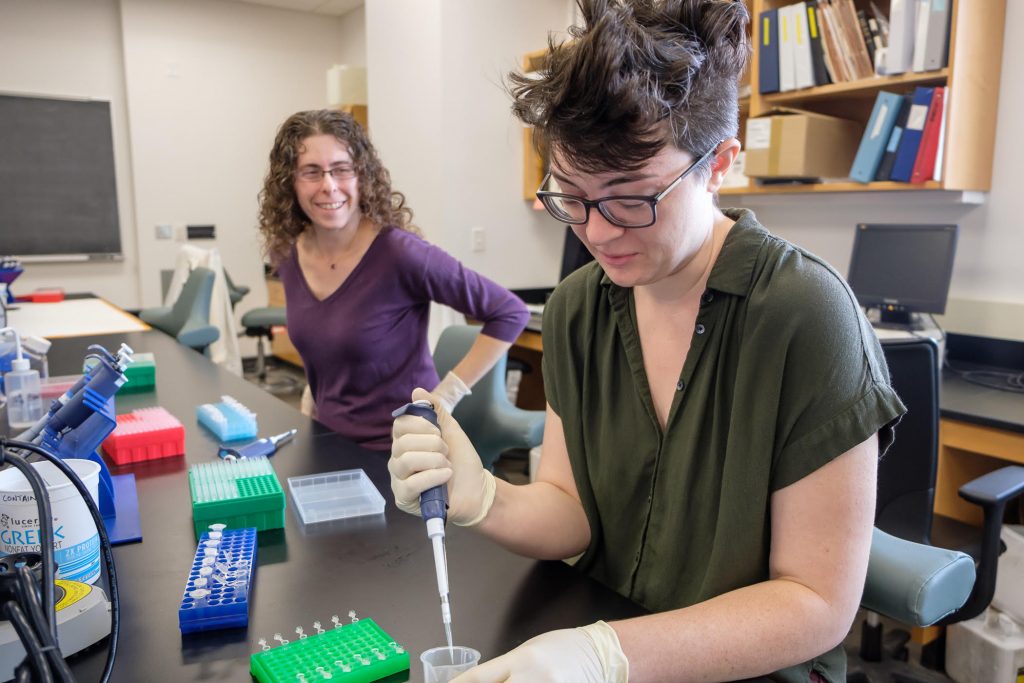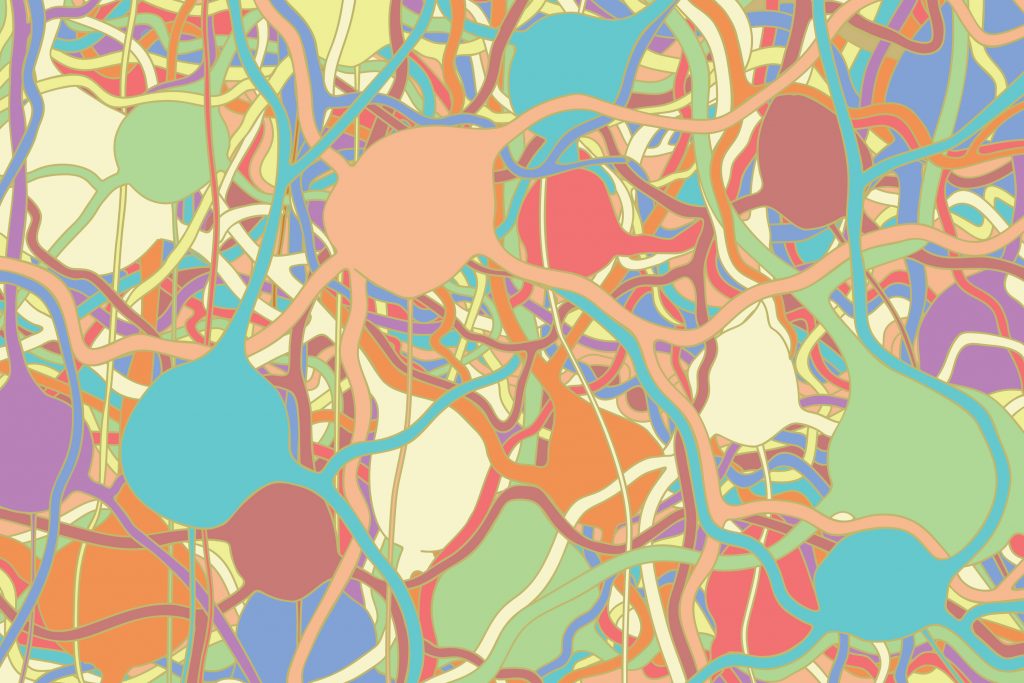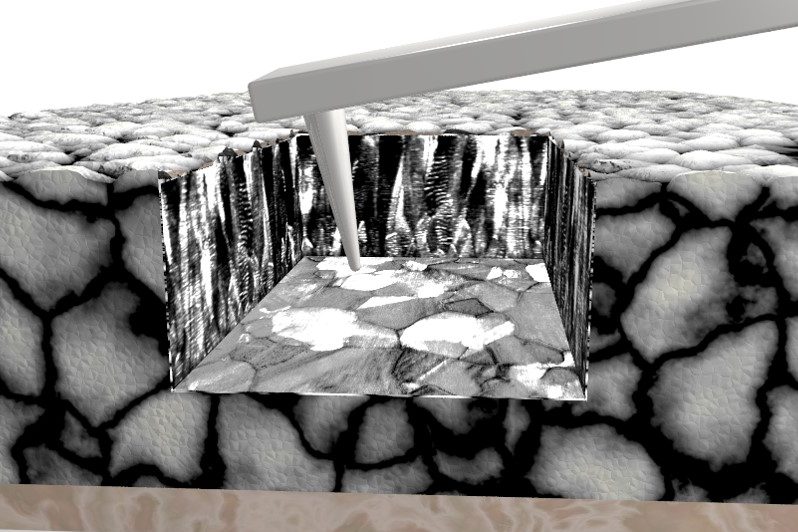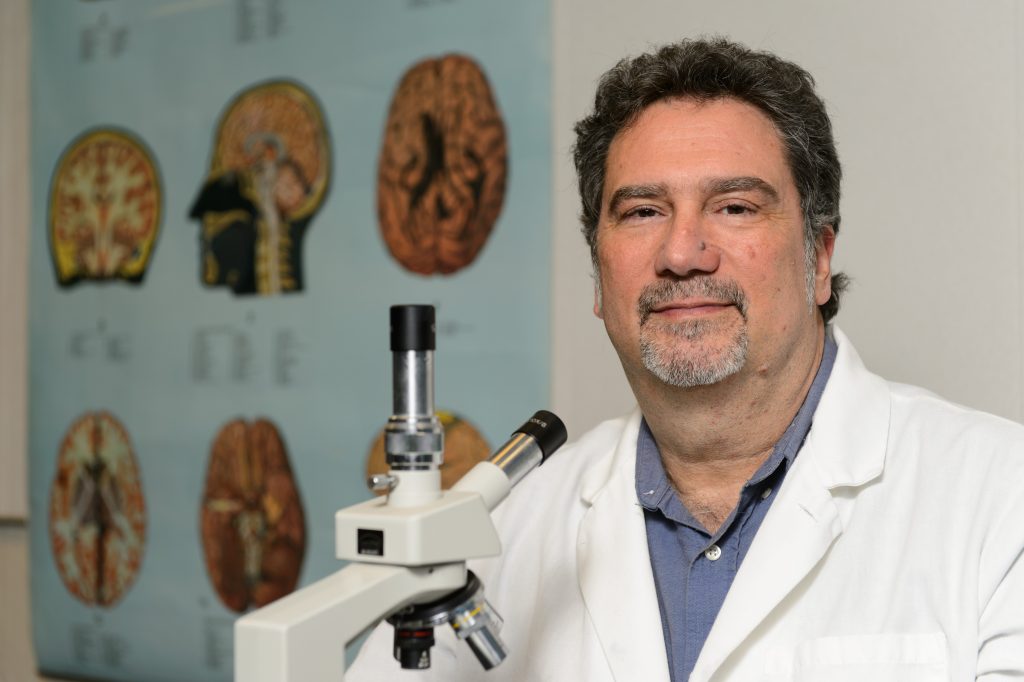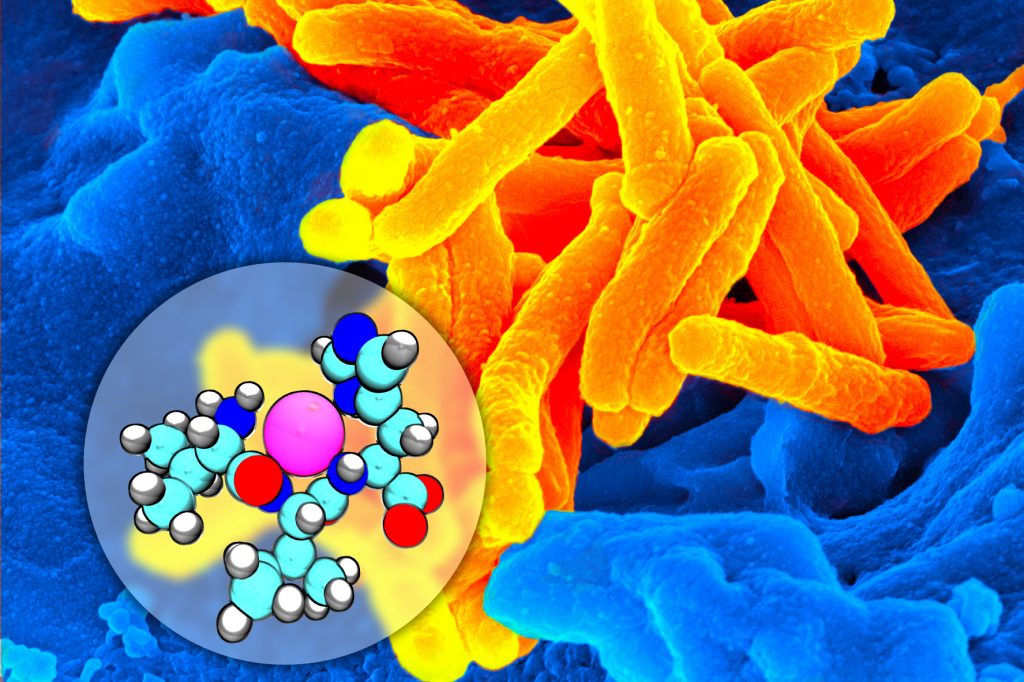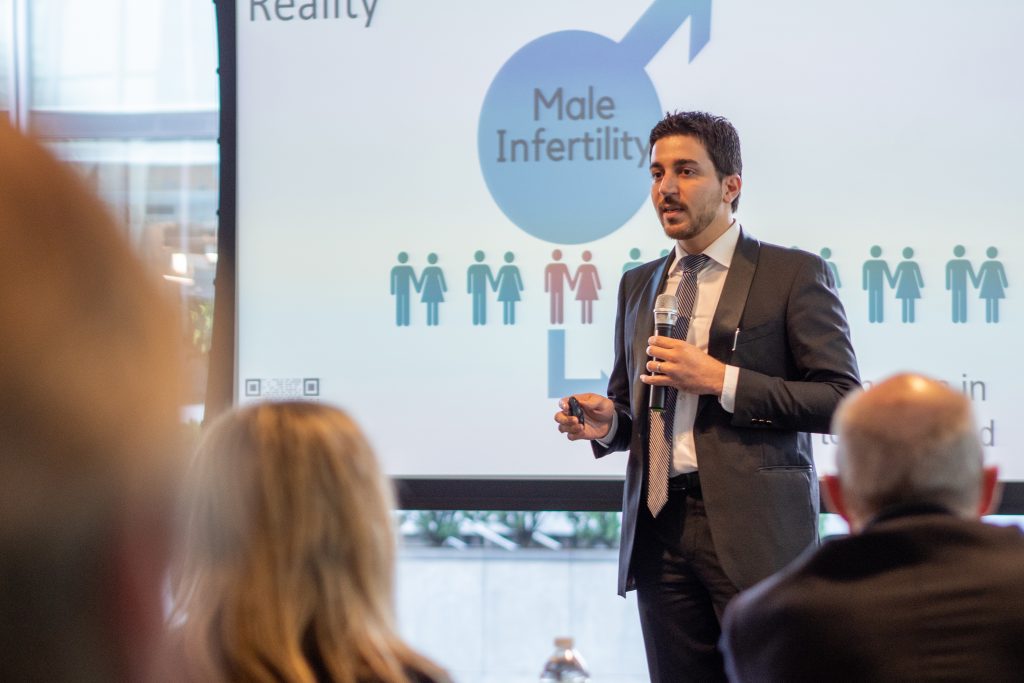Graduates
New Technology Designed to Reduce Mortality Rates in Cancer Patients
A pair of Ph.D. students developed a technology that takes a patient’s tumor cells and grows them outside of the body to test different cancer treatments.
April 10, 2019 | Anna Zarra Aldrich '20 (CLAS), Office of the Vice President for Research
Logic, a Common Thread at UConn
UConn has launched a new professional graduate certificate in logic, in which students from various disciplines hone the vital skills of logically and systematically analyzing information.
March 27, 2019 | Elaina Hancock
First Steps: UConn Partners on Child Care Fellowship
A new private-public fellowship program is intended to make it easier for new UConn parents to return to research.
March 13, 2019 | Kim Krieger
Science is Better When it’s Diverse
A group of anthropologists document how bringing diverse perspectives purposefully into scientific inquiry goes far beyond increasing representation in the laboratory: diversity transforms the very practice of science.
March 12, 2019 | Christine Buckley
Exploring Hypothalamic Circuits, One Neuron at a Time
A new study by UConn and JAX Genomic Medicine provides important clues for understanding certain neural circuits in the brain and the potential for the development of targeted neuropsychiatric therapies.
March 11, 2019 | Combined Reports
The Birds Who Seek Out Goldilocks Fires
Black-backed woodpeckers prefer forests that are burned just right – not too hot, not too cold. But as wildfires become more intense, megafires are not creating a sufficient diversity of habitats.
January 29, 2019 | Elaina Hancock
A Microscope as a Shovel? UConn Researchers Dig It
Using a familiar tool in a way it was never intended to be used opens up a whole new method to explore materials, report UConn researchers in a recent study.
January 28, 2019 | Kim Krieger
Moving the Motivation Meter
UConn researchers led by behavioral neuroscientist John Salamone have found that two experimental drugs boost motivation in rats, pointing the way to potential treatments.
November 8, 2018 | Kim Krieger
A Copper Bullet for Tuberculosis
In a new study, UConn chemists report a new antibiotic that can find and kill tuberculosis bacteria where they hide.
October 23, 2018 | Kim Krieger
Male Fertility Test Developers Win Venture Competition
Through the Wolff New Venture Competition, a pair of biomedical engineering doctoral candidates won $20,000 to further develop an in-home device to measure male fertility.
October 17, 2018 | Mike Enright '88 (CLAS), University Communications
